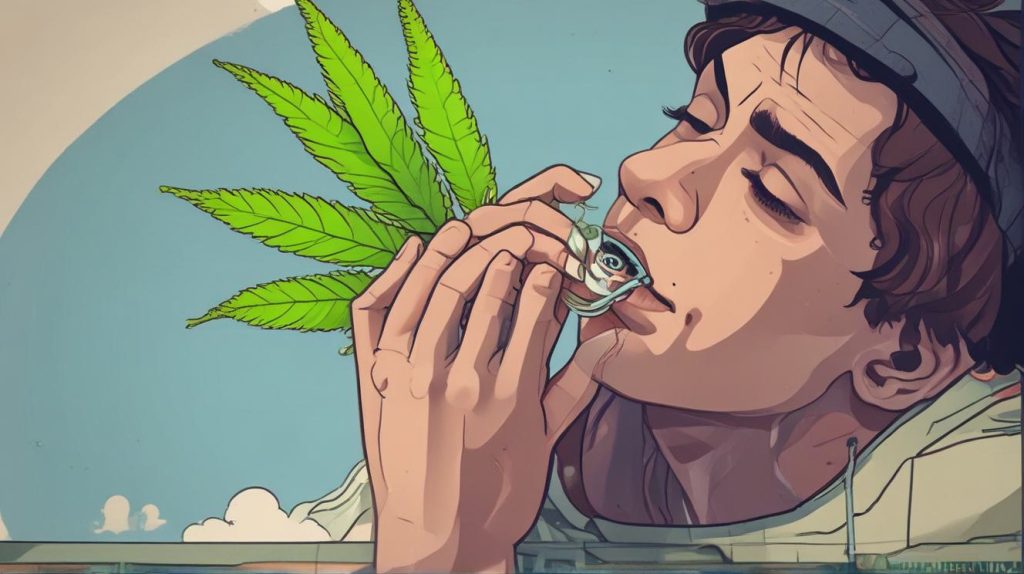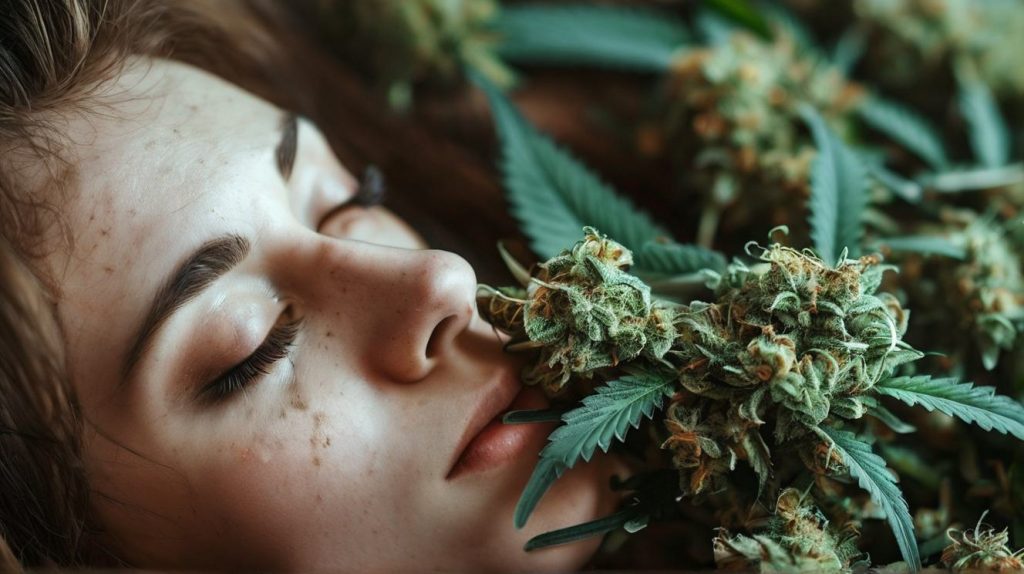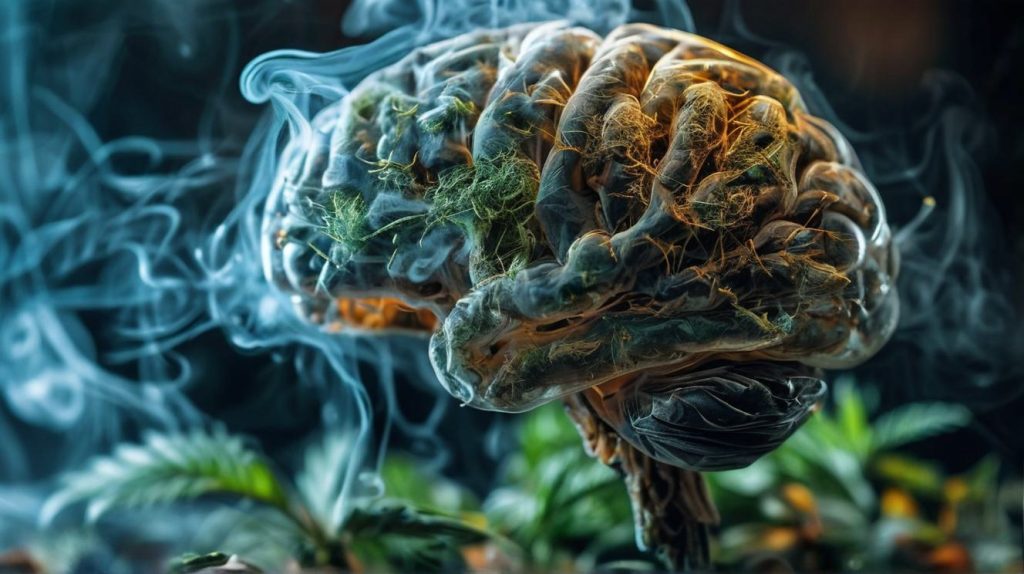Marijuana, a commonly used recreational and medicinal drug, has gained popularity worldwide. As its use becomes more widespread, it’s crucial to understand the potential for overdose, its symptoms, signs, and appropriate treatment measures. Whether you’re a new user or someone with experience, knowing how to recognize and respond to a marijuana overdose can ensure safety and well-being.
What is Marijuana?
Marijuana, also known as cannabis, is a plant that contains psychoactive compounds, with THC (tetrahydrocannabinol) being the most prominent. It’s consumed in various forms, including smoking, vaping, edibles, and oils, each delivering THC to the body in different ways.
Can You Overdose on Marijuana?
Yes, it’s possible to overdose on marijuana, although it is different from overdoses associated with substances like opioids. A marijuana overdose refers to consuming a higher amount than the body can handle, leading to intense, often unpleasant, effects.
Differentiating Between Overdose and Typical Effects
Regular marijuana use can result in mild euphoria, relaxation, and altered perception. An overdose, however, causes more severe physical and psychological reactions that can be distressing and harmful.
Symptoms of Marijuana Overdose
Physical Symptoms
Increased Heart Rate: A significant rise in heart rate can occur, causing discomfort or anxiety.
Nausea and Vomiting: Overconsumption, especially of edibles, can lead to severe nausea and vomiting.
Psychological Symptoms
Anxiety and Panic Attacks: Users may experience intense anxiety, fear, or panic attacks.
Paranoia and Hallucinations: High doses can induce paranoia and hallucinations, making the experience frightening.
Severe Symptoms
Respiratory Issues: Though rare, difficulty breathing can occur, particularly in those with pre-existing conditions.
Altered Consciousness: In extreme cases, users might feel detached from reality or lose consciousness.
Recognizing Overdose in Oneself
Feeling overwhelmingly anxious, paranoid, or physically ill after consuming marijuana indicates an overdose. Awareness of these symptoms helps in seeking timely help.
Recognizing Overdose in Others
Noticing someone experiencing severe anxiety, vomiting, or altered consciousness should prompt immediate action. Observing these signs in friends or family can save them from a worse experience. Immediate
Actions to Take During an Overdose:
Staying Calm
Panic can exacerbate symptoms.
Remain calm to help yourself or the affected person relax.
Providing a Safe Environment
Ensure the person is in a comfortable, safe space, away from potential hazards. Reducing sensory input can help mitigate anxiety.
Identifying Critical Symptoms
If symptoms include severe breathing difficulties, unresponsiveness, or chest pain, seek medical help immediately.
Contacting Emergency Services
In critical cases, contacting emergency services ensures professional medical intervention, potentially preventing further complications.
Treatment Options for Marijuana Overdose
Home Care Strategies
Hydration and Rest: Drinking water and resting can alleviate some symptoms.
Comfort Measures: Offering reassurance, a quiet environment, and staying close can help.
Medical Interventions
Professional Medical Care: In severe cases, hospitalization might be necessary to monitor and manage symptoms.
Possible Treatments in a Hospital: Treatments could include IV fluids, medications to calm anxiety, and monitoring of vital signs.
Preventing Marijuana Overdose
Know the potency of the product and start with a small dose, especially with edibles, which can take longer to affect you.
Safe Consumption Practices
Avoid mixing marijuana with other substances, and never use it alone if you’re inexperienced or trying a new form.
Impact of High THC Levels
The potency of Modern Marijuana Strains
Modern strains often have higher THC levels, increasing the risk of overdose symptoms.
Effects of High THC on Overdose Risk
Higher THC content can lead to more intense reactions, making it easier to consume too much.
Marijuana Edibles and Overdose Risk
Differences Between Smoking and Edibles
Edibles take longer to produce effects, leading some to consume more than intended while waiting for the high.
Delayed Onset of Effects
The delay in feeling the effects can result in overconsumption, significantly increasing the risk of overdose.
The Role of Tolerance
Regular users may develop a tolerance, requiring more to achieve the same effect, but this doesn’t eliminate the risk of overdose.
Risks for New Users Versus Regular Users
New users are at higher risk because they might not know their limits or understand how their bodies will react.
Long-Term Effects of Marijuana Use
Potential Health Implications
Chronic use can lead to respiratory issues, cognitive impairment, and dependence.
Mental Health Considerations
Long-term use is linked to mental health issues like depression, anxiety, and in some cases, psychosis.
Legal Status of Marijuana
Laws vary widely, with some places having legalized recreational and medicinal use and others enforcing strict penalties.
Social Perception and Stigma
Despite legalization in some areas, there remains a stigma associated with marijuana use, affecting users’ social and professional lives.
Conclusion
Understanding the symptoms, signs, and treatments of a marijuana overdose is crucial for safe consumption. Being informed helps users enjoy the benefits of marijuana while minimizing risks. Education and responsible use are key to preventing adverse effects and ensuring a positive experience.
FAQs
Can you die from a marijuana overdose?
While extremely rare, death from marijuana overdose is typically due to complications like accidents or severe health reactions rather than the substance itself.
How long does a marijuana overdose last?
Symptoms can last several hours, depending on the amount consumed and the method of consumption, with edibles generally causing longer-lasting effects.
What should you do if you see someone overdosing on marijuana?
Stay calm, provide reassurance, ensure their safety, and seek medical help if they exhibit severe symptoms like difficulty breathing or unresponsiveness.
Can children overdose on marijuana?
Yes, children are especially vulnerable to overdose, particularly from edibles, and require immediate medical attention if exposed.
Is medical marijuana safer than recreational marijuana?
Medical marijuana is regulated for safety and dosage, but it still carries the risk of overdose if misused or consumed in large quantities.




